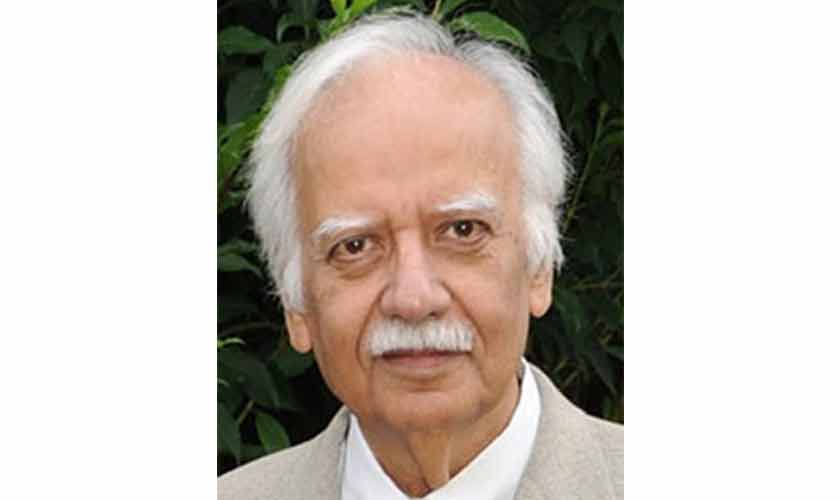e appears Socrates-like. He is soft-spoken and frank but contemplative at the same time and always at ease with himself. He is always thinking about ways and means to promote wisdom among people at large. Asking probing questions in an extremely soft tone, another Socratic trait, comes naturally to him.
Even when he is making a specific assertion it is usually phrased like a question. He never brags about his wisdom or experience, of which he has plenty. On Islamic architecture, his expertise transcends national boundaries. He has won an astonishing number of laurels for his work.
Dressed up in Western attire, with snow-white locks falling down his head unevenly, Prof Gulzar Haider displays the innocence typical of cherubic toddler. His innocence is coupled with erudition and theoretical profundity.
I have met him on numerous occasions and found him to be an epitome of Socrates’s motto, “You have to know yourself before you can say something about yourself or about what you can know.”
Prof Haider is a veteran academic/ practitioner of architecture. I am paraphrasing here a profound and pithy lesson he once gave me, “if we cannot capture the good in one form, we will have to take hold of it in a conjunction of three: beauty, proportion and truth.” Prof Haider reveres Iqbal. Once when he was quoting from his poetry, to my utter astonishment, tears started welling up in his eyes. So deep is his love for Iqbal, whose mausoleum he visits quite frequently.
The…




























































